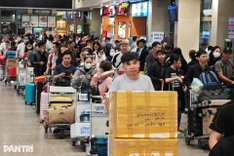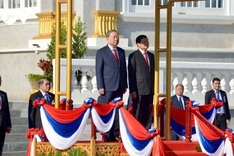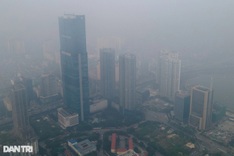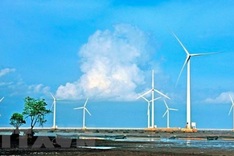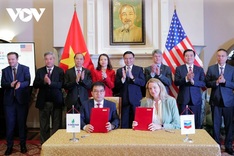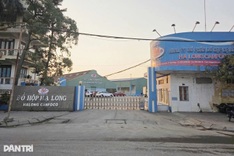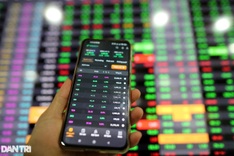
Illustrative photo
Vietnam’s Consumer Price Index (CPI) is estimated to have increased by 3.2 - 3.3 per cent in the first seven months of 2025 compared to the same period last year which is considered appropriate amid efforts to accelerate economic growth, according to the Ministry of Finance (MoF).
At a meeting of the Price Management Steering Committee on August 5, MoF Deputy Minister Le Tan Can noted that market prices have generally fluctuated according to seasonal patterns since the beginning of the year. Prices rose sharply early in the year due to the Lunar New Year (Tet) period, then declined in March following the post-Tet trend.
In the second quarter, the CPI saw slight increases in April and May, ranging from 0.07 per cent to 0.16 per cent, followed by a sharper rise in June, up 0.48 per cent compared to the previous month. This was mainly due to higher prices of certain construction materials as well as increases in fuel prices in line with global energy market fluctuations.
The 3.2 per cent - 3.3 per cent CPI rise is considered appropriate to support economic growth, especially in the context of concentrated efforts to maximise economic performance, said Can, adding Vietnam’s inflation is being kept within the target range of 4.5 per cent–5 per cent as set by the National Assembly and Government, contributing to macroeconomic stability.
Looking ahead, price pressures in the remaining months may stem from rising costs of raw materials, food, beverages, clothing, and increasingly severe climate events. However, several factors are expected to help curb inflation, including abundant domestic food supply, tuition exemptions, textbook price cuts of 5–20 per cent, and tax reduction policies.
International organisations recently forecast Vietnam’s average inflation rate for the year to range between 2.9 per cent and 4.2 per cent. The MoF noted that to retain CPI within the 4.5–5 per cent target set by the National Assembly, the remaining monthly CPI increases must be kept within a range of 1.19–1.58 per cent.
Concluding the meeting, Deputy Prime Minister Ho Duc Phoc emphasised that price and inflation control is crucial to ensuring sustainable economic growth. He urged ministries, sectors, and localities to strengthen monitoring of essential goods such as fuel, electricity, rice, and meat, and to strictly handle any unreasonable price hikes that destabilise the market.
He also requested that the Ministry of Construction, and the Ministry of Agriculture and Environment work closely with localities to ensure healthy and transparent real estate market operations.






